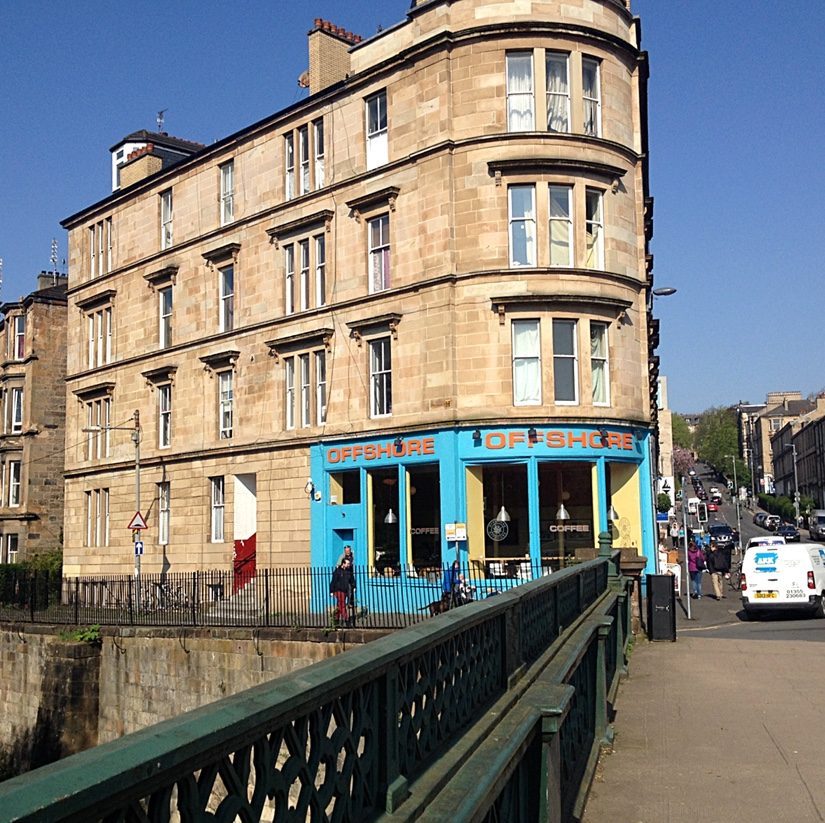Sara McQueen: First visit to Aye Write Glasgow’s Book Festival


As a newcomer to Aye Write festival, I wasn’t sure exactly what to expect when I arrived at the magnificent Mitchell Library to hear Julian Spalding discuss his latest book. Getting lost several times on the way to the Jeffrey Room was an enjoyable experience as it gave me the chance to explore the long corridors, inviting rooms and marble staircase that are part of this grand venue. When I finally reached the correct doorway the usher turned out to be very knowledgable about the building, sharing interesting facts about the room, which dates back to 1911 and is part of the original library. As she showed me to my seat she also recommended the free tours of the library that take place every month.
Julian Spalding is an author and former Director of Art Galleries in Sheffield, Manchester and Glasgow. His latest book, ‘Realisation: From Seeing to Understanding’, is short, deliberately so, although the discussion at the heart of the plot is vast and spans thousands of years in human history, artistic expression and the way society has dealt with the world’s greatest mysteries. Within his allocated forty-five minutes talking time, Spalding did an admirable job – condensing a huge idea, a small(ish) book, and everything from the pyramids to the Sistine Chapel, into an entertaining and thought provoking session. ‘Realisation: From Seeing to Understanding’ seeks to explain and document the changing world views of the collective consciousness through iconic works of art.
At the Q & A session it was only to be expected that such a wide-ranging topic would invite ‘big’ questions; one seemed especially intriguing: ‘Are words too rigid a tool of expression with which to explore art? Often, art was being used to explain those phenomenon that could not, historically, be explained with words, such as the generally accepted assumption that the earth must be flat, or that our world is circled by the sun.’ This was rather an all-encompassing question for the last five minutes of a talk, yet it sparked an interesting thought. Spalding was led, in his response, to talk about the Native Aboriginal belief that the written word, rather than allowing one to remember something, in fact, allows you to feel you can forget it, because it has been marked down and can be reviewed at a later date.
I only made it to one event at my first Aye Write Festival – it was really extraordinary to see the crowds turning out for this celebration of the written word and in support of authors from all over. Previously I hadn’t realised that the festival also plays a part in celebrating books through oral tradition with a huge variety of talks and information sessions.
The success of the festival also suggests that the expert spinning of a good yarn remains important to Glaswegians; even when living in a time when we all have Internet access in our pockets, thousands of books on our phones and more songs than you can listen to on a device the size of a matchbox.
As well as demonstrating their love of reading, the visitors to Aye Write also encourage the telling of stories, the asking of questions, and the coming together of the community in support of words, both written and spoken, and art. It might have been my first visit, but it certainly won’t be my last.
Sara
This section: Sara McQueen: blogging about Glasgow
Filed under: Sara McQueen: blogging about Glasgow



Leave a Reply
You must be logged in to post a comment.